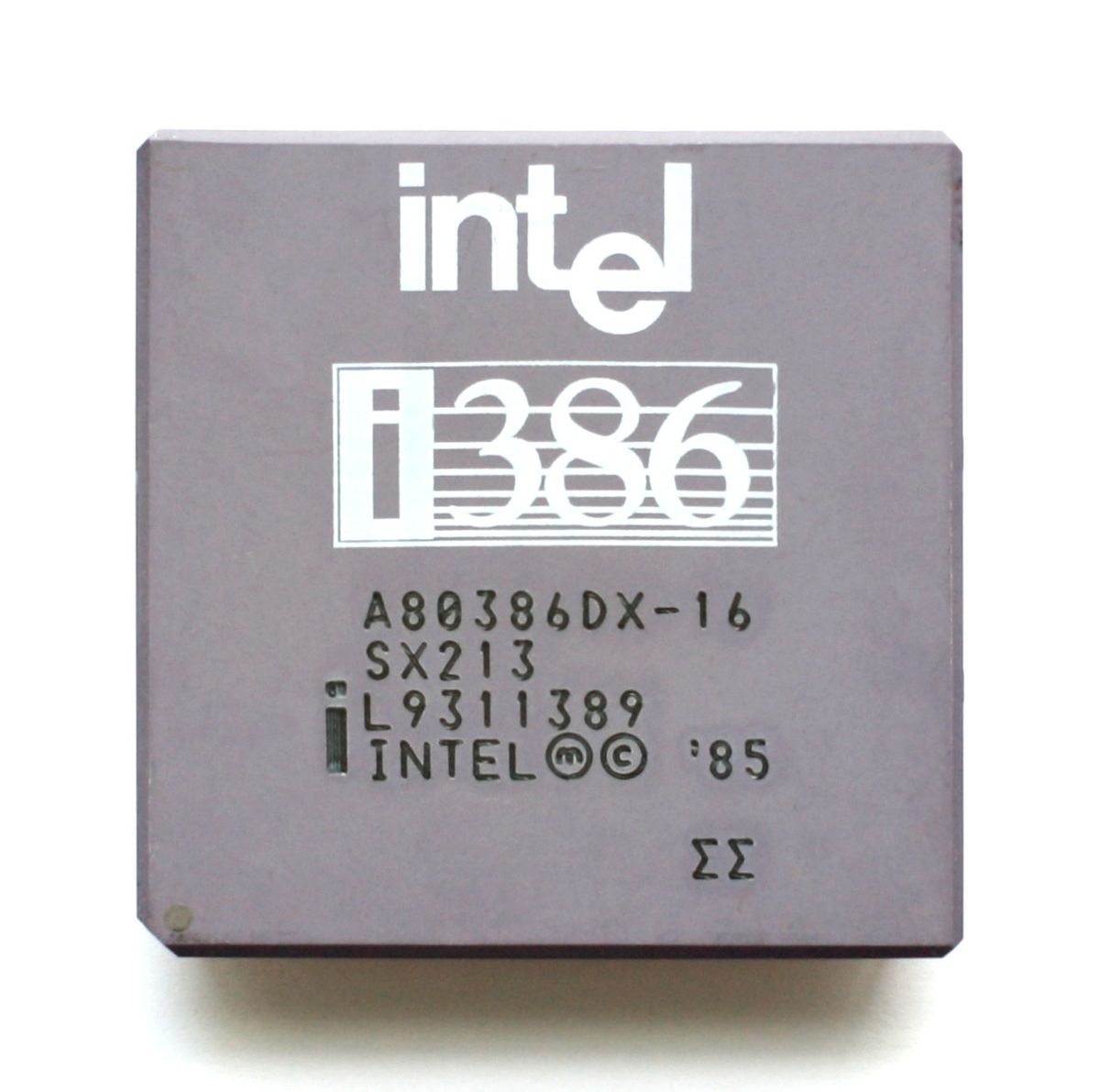Take care man! Take a step back, do what you have to do to decompress a little. I wish you all the best with whatever life is throwing at you. Don’t give up and hang in there!
I’m a computer and open source enthusiast from Toronto, Ontario, Canada.
- 0 Posts
- 26 Comments

 121·6 months ago
121·6 months agoFrom that article they say they will issue refunds if there is a technical issue with the game. Thus, if you live in a country where PSN is not available, you could go that route. “I’m trying to sign up for multiplayer but I can’t because my country is not listed. Therefore multiplayer is broken and I want a refund, because this is a technical issue; a part of the game isn’t working.”
May be worth a shot…

 18·6 months ago
18·6 months agoWhoah, isn’t FUTO the non-profit that Louis Rossmann works for? This is great news!!

 10·7 months ago
10·7 months agoIf this is their attitude to a clear self-inflicted fuckup, then that’s plenty reason for me to avoid them and their services. It’s not like their services were distinct in any way… just a dime in a dozen cloud provider.

 3·8 months ago
3·8 months agoAnd what will run the AI that replaces your GPU? GPUs of course (rebranded as “AI accelerators”). So yeah, win-win for team green.

 1·8 months ago
1·8 months agoGoogle reminds me more and more of Microsoft of the 90s. That’s exactly the kind of compatibility breaking asinine move MS would do 30 years ago. Sigh…

 1·10 months ago
1·10 months agoDang, $73,400,000 whole vBucks? Sweet.
Interactive (i.e. end-users) Clients should be using OAuth instead of app passwords. This will allow your users to use their own Office365 credentials for SMTP.
For servers and non-interactive clients (e.g. copiers/printers/toasters/coffee makers) I would suggest something along the lines here: https://learn.microsoft.com/en-us/exchange/mail-flow-best-practices/how-to-set-up-a-multifunction-device-or-application-to-send-email-using-microsoft-365-or-office-365#compare-the-options
I was actually confused about your response to grahamsz@kbin.social… it seems like they have at least a basic understanding of how registrars vs. DNS hosts work.
WHOIS privacy? Porkbun does that for free for all TLDs that support it.
I don’t think I fully understand how what they offer isn’t “ownership by proxy”. I suppose they promise not to release your info if police ask for it? On the other hand, they technically own the domains you register through them, so if they get repossessed (e.g. through legal bankruptcy proceedings), whoever their new owner is, will presumably also own your domains…
I’m probably not seeing something here, but this all sounds sketchy to me.
Cloudflare sells domains at cost. So yes, cheaper than any other registrar (including NameCheap and Porkbun), except maybe those who sell domains at a loss as a promo to rope you in and then kill you on the renewals.
Integration into their stack is a nice side effect, but really inconsequential. You can have your domains registered with any registrar and have your DNS hosted by any DNS hosting provider. Heck, you can run your own DNS servers if you want to.
Technically they won’t. They won’t host OpenNIC TLDs, for example. However, you can have your domain registered with any registrar, and as long as you specify Cloudflare’s assigned DNS servers for your domain (DNSSEC records can be set too), you should be OK.
Huh? You mean you can’t separate the domain registrar from your DNS service provider?
I have my .ca domains on Porkbun, but DNS is hosted through Cloudflare. Porkbun supports DNSSEC records as well, so that’s not really an issue, just a few extra steps.
My order of preference for domain registrars is:
- Cloudflare (doesn’t support all TLDs, unfortunately)
- Porkbun (does have wide TLD support, and has no-bullshit pricing, albeit higher than Cloudflare)
- Namecheap. They’re cheap and Canadian… no other reason than just a backup to have.

 3·1 year ago
3·1 year agoI seriously need to look into Paperless NGX. I’ve been hearing a lot about it.

 9·1 year ago
9·1 year agoAll solutions that integrate with banking sites I’ve ever encountered were nothing more but ugly hacks, IMHO. I’m curious about FileThis, as I’d never heard if it before, and would also love a similar system.
Maybe a self-hosted document management system that can parse key info from credit card statement PDFs, such as the balance and due date? I somehow doubt that automated retrieval of statements is something that any commercial company, or open source project, can implement reliably. To this end, I’m not sure what’s worse; the financial industry, or the medical records industry. Both are stuck in the past and highly conservative.
Good point. I personally found VMware training to be a nice “cherry on top” of my existing VM/hypervisor knowledge back in the early 2000’s. Having said this, my colleagues who had zero VM experience/exposure were definitely lost… cert training is by no means exhaustive nor is it comprehensive.
I think you got the right idea: certs are 70-90% marketing, and if you’re lucky, 10-30% actual knowledge and training. :)
If you want to understand Linux server “guts” well, I suggest a book like “Linux Network Servers” by Craig Hunt. Unfortunately, it’s pretty dated now, but it does an amazing job explaining the basics and internals that most modern books, IMHO, just gloss over in the best-case scenario. The coolest part about this book is that you can follow it like a how-to and set up everything in it in your home lab. You’ll learn basic networking, how to manage your network, how to monitor it, and how to set up low-level services like DHCP, DNS, etc. This knowledge could help you jump-start a network admin/engineer career. The book also covers things like Apache web server, and basic web scripting (trust me, understanding how CGI scripts work will help you as a DevOps engineer!). I think it’s good reading overall. It will give you a solid foundation to build on.
My biggest beef with study guides targeted to specific certs is that they only teach you how to pass the cert test, basically. Very rarely do they actually teach you WTF if going on, and to be a decent professional, I think it’s critical to understand how things work. I’ve seen so many RHCE/RHCA people who get completely lost with basic tasks like changing firewall rules or network adapter configs on an Ubuntu, Debian (or anything other than Fedora/RedHat/CentOS/Alma/Rocky/Oracle Linux Server), because they literally only memorized/practiced how to do these things on a RedHat box and are incapable of extending their knowledge to any other OS. There’s zero understanding of underlying principles. Don’t be these people!
OK, I’m done ranting now. Good luck with your studies. Oh, and if you want a copy of the book, shoot me a DM.

The author has a Master’s in informatics. That’s pretty much like an MBA. I wouldn’t expect more than buzzword-bingo from someone like that.